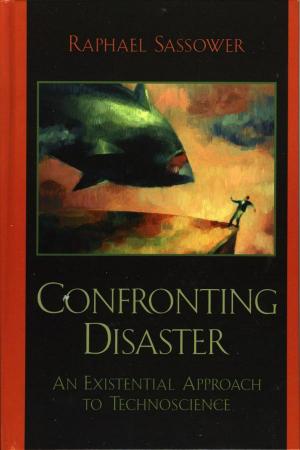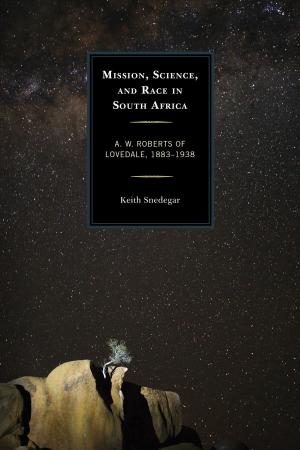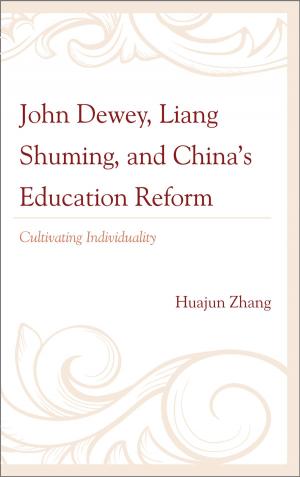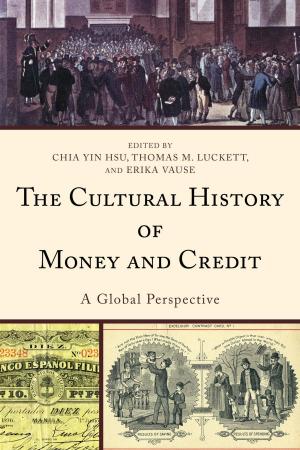Cultural Studies and Political Economy
Toward a New Integration
Nonfiction, Social & Cultural Studies, Political Science, Politics, Economic Policy, Social Science| Author: | Robert E. Babe | ISBN: | 9780739131985 |
| Publisher: | Lexington Books | Publication: | May 10, 2010 |
| Imprint: | Lexington Books | Language: | English |
| Author: | Robert E. Babe |
| ISBN: | 9780739131985 |
| Publisher: | Lexington Books |
| Publication: | May 10, 2010 |
| Imprint: | Lexington Books |
| Language: | English |
This book addresses the notorious split between the two fields of cultural studies and political economy. Drawing on the works of Harold Innis, Theodor Adorno, Raymond Williams, Richard Hoggart, E.P. Thompson, and other major theorists in the two fields, Robert E. Babe shows that political economy can be reconciled to certain aspects of cultural studies, particularly with regards to cultural materialism. Uniting the two fields has proven to be a complex undertaking though it makes practical sense, given the close interaction between political economy and cultural studies. Babe examines the evolution of cultural studies over time and its changing relationship with political economy. The intersections between the two fields center around three subjects: the cultural biases of money, the time/space dialectic, and the dialectic of information.
This book addresses the notorious split between the two fields of cultural studies and political economy. Drawing on the works of Harold Innis, Theodor Adorno, Raymond Williams, Richard Hoggart, E.P. Thompson, and other major theorists in the two fields, Robert E. Babe shows that political economy can be reconciled to certain aspects of cultural studies, particularly with regards to cultural materialism. Uniting the two fields has proven to be a complex undertaking though it makes practical sense, given the close interaction between political economy and cultural studies. Babe examines the evolution of cultural studies over time and its changing relationship with political economy. The intersections between the two fields center around three subjects: the cultural biases of money, the time/space dialectic, and the dialectic of information.















